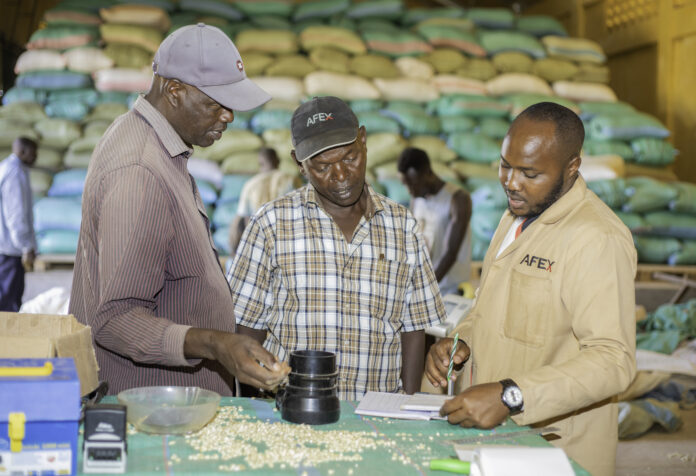|
Getting your Trinity Audio player ready...
|
By Sharon W. Kiburi
Nairobi, Kenya: Africa’s food systems stand at a crucial crossroads. As the continent’s population is projected to double by 2050, the urgent need to develop sustainable and resilient food systems has become paramount. While Africa has made considerable progress in increasing agricultural productivity and strengthening food security, it continues to confront substantial challenges like climate change, resource scarcity, rapid population expansion, and economic disparities.
The current state of Africa’s food systems has significant implications for the present and the future. If we fail to address the challenges in the agriculture sector, we may witness an increase in food insecurity, economic instability, and even social unrest. However, with appropriate investments and policies, Africa has the potential to develop resilient food systems that can withstand the pressures of climate change and support sustainable economic growth.
In Africa, implementing sustainable agriculture practices such as agroforestry, conservation, integrated pest management, and organic agriculture can have numerous benefits, including improved soil fertility, reduced water loss, and minimized use of harmful pesticides.
In an insightful dialogue with Tabitha Njuguna, the Managing Director of AFEX Fair Trade Ltd. in Kenya, critical issues plaguing Africa’s agricultural landscape were brought to the forefront.
“When we started our business, we quickly saw that the fragmentation of the value chain would pose an existential challenge,” she said.
Tabitha urges “When farmers do not have access to quality inputs, they harvest less than the demand line, and processors who typically purchase in large volumes do not have enough to process. This leads to an inability to meet food demand, so our learning point was to integrate solutions across the value chain to ensure optimal results. That’s why AFEX has developed strong working relationships with producers, traders, and processors to create the most effective solutions for smallholder farmers.”
Africa’s food future needs innovation, technology, finance, regional cooperation, and comprehensive strategies. Key actions include technology investment, strategic grain reserves, partnerships, precision farming, data analytics, collaboration, and trade agreements. These measures ensure food security, economic stability, and a resilient agricultural sector in Africa.
AFEX’s exchange model connects value chain players on a single digital platform, setting them apart from competitors in agriculture.
Tabitha states, “By developing an exchange model, we are creating a foundation for resilient commodity solutions in Africa, focusing on efficient trade and wealth creation. Solutions that begin at the producer level ensure that farmers access inputs and extension services that provide essential knowledge and support for adopting sustainable practices and increasing productivity. Similarly, processors get credit lifelines to stimulate demand and manufacturing capacity”.
Adding “Then, the exchange sits in the middle of this, facilitating trades with a focus on price discovery and transparency, which helps farmers negotiate equitable contracts while fundamentally ensuring that raw material demand is accurately met. The intersection of creating solutions for the value chain and a platform for facilitating trade culminates in a model that has significantly enhanced agricultural productivity for over 450,000 farmers across Africa” says Tabitha.
Tabitha notes that Africa’s food systems have great potential. Public and private institutions must collaborate to unlock it. Persistent innovation, sustainable practices, and successful models can help Africa build a resilient food system for its growing population.
Implementing the transformation outlined is crucial for food security, economic growth, and environmental sustainability in Africa. The potential benefits are significant, and companies like AFEX offer models for achieving this vision. Africa should focus on creating a food system that meets current needs and ensures long-term prosperity.














